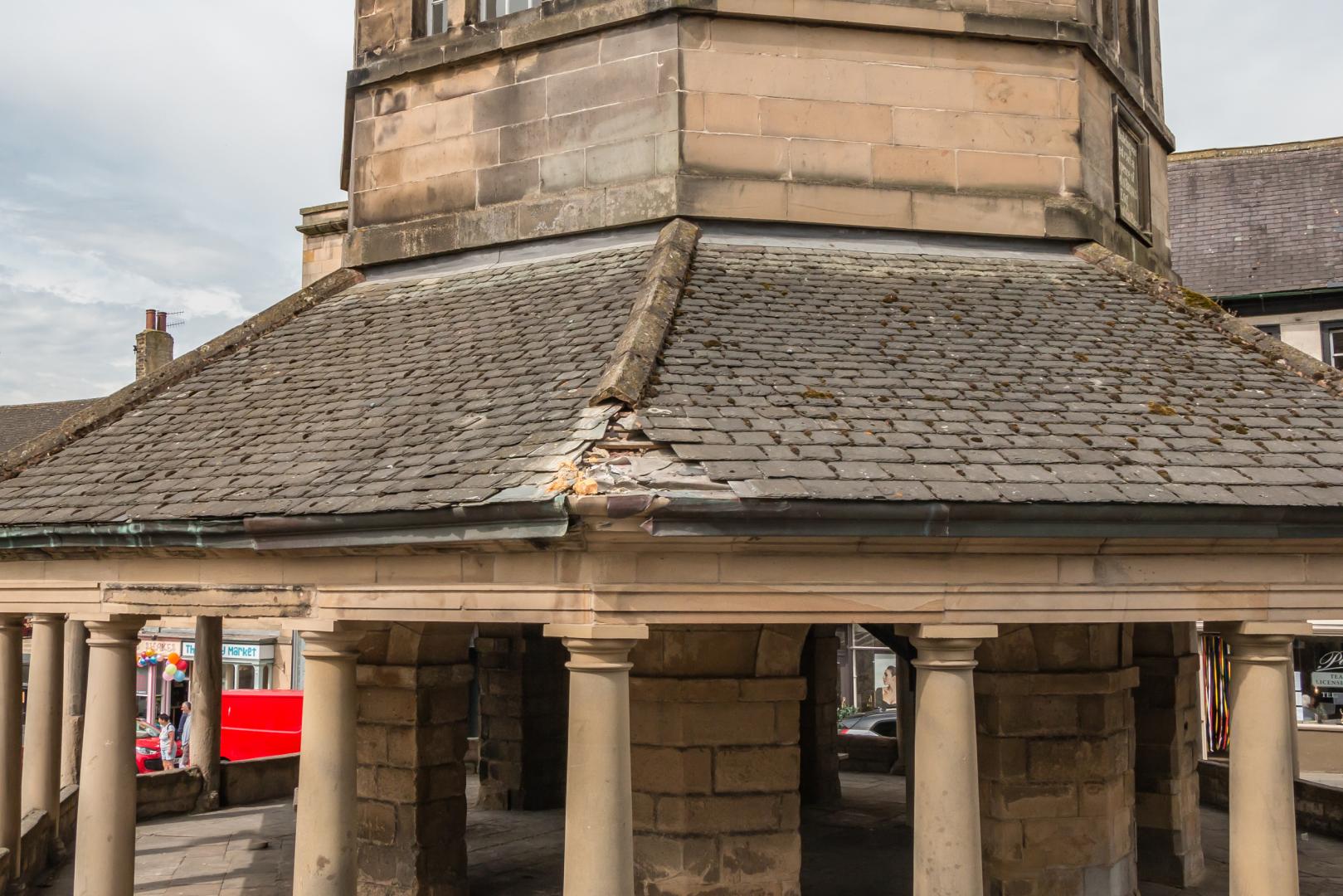BARNARD Castle town councillors will meet highways officers to discuss the impact of “super lorries” driving through the town.
New laws mean articulated lorry trailers up to 61ft long are now allowed on UK highways – nearly 7ft longer than previously.
Town councillors heard how longer vehicles will be “highly problematic, potentially hazardous and destructive” .
They agreed to meet Durham County Council bosses and county councillors to discuss the issue.
It came after a plea from former town councillor John Watson who spoke at last week’s town council meeting.
He said: “These vehicles are already in existence, having been the subject of an 11-year trial, inclusive of driver training to operate the increased length and larger tail swing.”
Mr Watson said the UK government says the changes will mean fewer journeys are needed, saving 70,000 tonnes of carbon dioxide every 11 years.
But councillors were told they will have to negotiate the A67 Bede Road and B6278 Harmire Road junction which already has a tight turn.
He said: “The arrival of the longer HGVs will be problematic and potentially hazardous at this junction with the wider tail swing.
“A pedestrian crossing without adequate protection and involving school routes is also involved. Through routing articulated HGVs are now a frequent sight through the heart of Barnard Castle.
“Whether delivering to Morrison’s supermarket, negotiating the Market Cross and the Abbey Bridge, the arrival of the longer vehicles will be highly problematic, potentially hazardous and destructive.”
Town councillors also heard that when work on the A66 upgrade starts, there will
be unavoidable diversions through Barnard Castle.
Roads minister Richard Holden said: “A strong, resilient supply chain is key to the government’s efforts to grow the economy.
“That’s why we’re introducing longer semi-trailers to carry more goods in fewer journeys and ensure our shops, supermarkets and hospitals are always well stocked.
“These new vehicles will provide an almost £1.4bn boost to the haulage industry, reduce congestion, lower emissions and enhance the safety of UK roads.”
ADVERTISEMENT
Concern over impact of new ‘super lorries’ in Barnard Castle
ADVERTISEMENT
ADVERTISEMENT
ADVERTISEMENT






